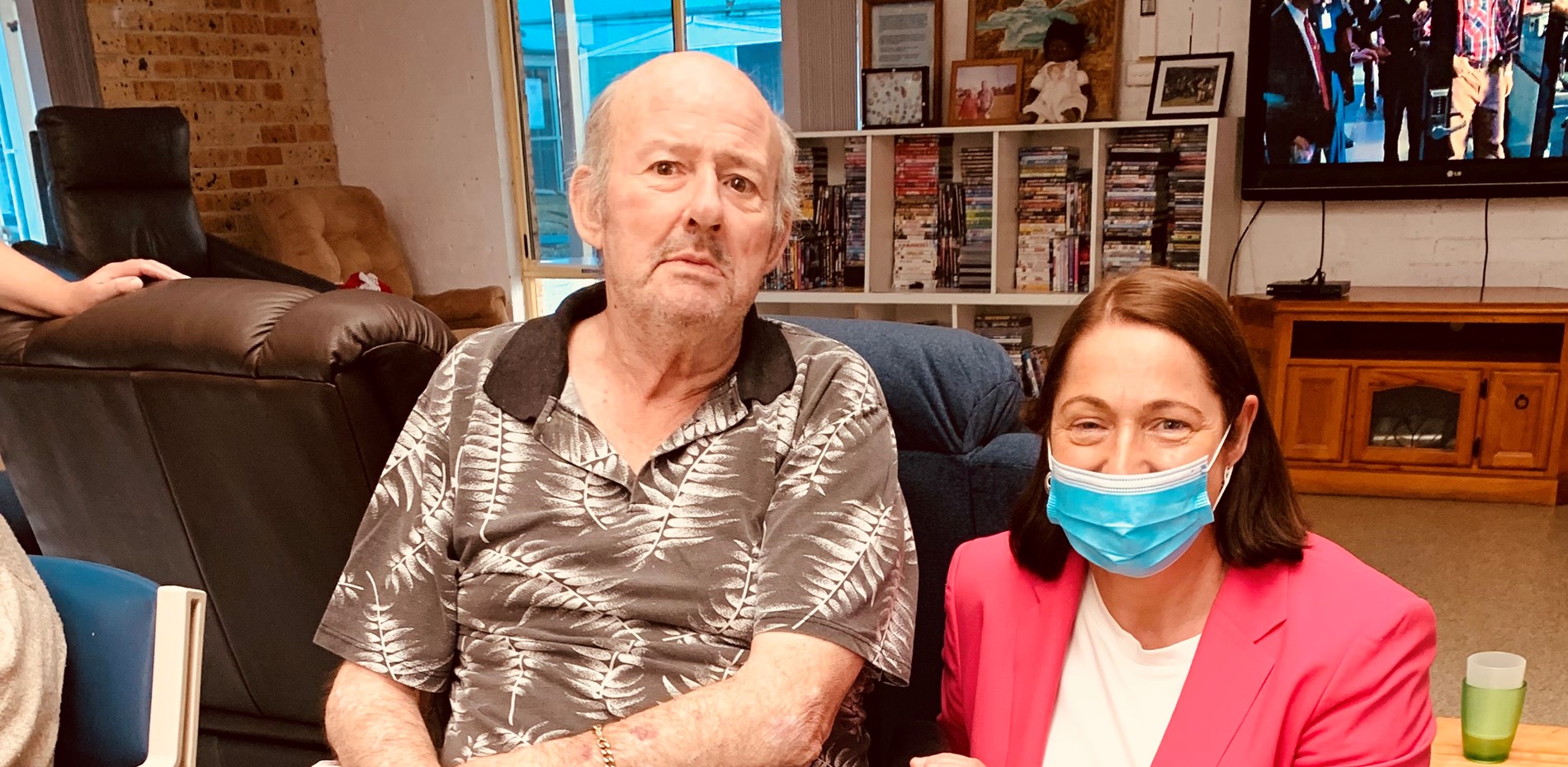Mrs PHILLIPS (Gilmore) (12:35): Before I was elected in 2019, people in my electorate of Gilmore told me loud and clear how hard it was to get in to see a GP. There was huge concern about GPs retiring and no-one replacing them. In many cases, existing GP books were closed. As you can imagine, with one of the oldest demographics in Australia, this was a huge problem for my electorate.
Not long after I was elected in 2019, the coalition government axed the distribution priority status, meaning overseas trained GPs would no longer come to our area. This was devastating, and we saw a further decline in GP numbers. One busy practice told me recently how it had lost many doctors and was down to three, with waiting times blowing out to four to six weeks. When I asked the coalition government at the time about this, I was told that our area had too many doctors. Can you believe that—too many doctors? This was insane. In regard to the DPA status, they said: 'That will never change.' So, along with my community, I set out to campaign to have that DPA status reinstated, and finally we won. But that was just the start; Medicare was broken.
I want to thank our local GPs, nurse practitioners and GP practice staff, who have been pivotal in helping shape health policy that puts primary care on a path back to where it should be: front and centre. I'm pleased to say that, after nine long years of coalition cuts and neglect, the Albanese government is making Medicare stronger for all Australians. The 2023 federal budget builds a stronger Medicare so all Australians can access the health care they need, no matter where they live or what their bank balance. Our historic investments in Medicare deliver the largest ever increase to bulk-billing incentives, making it easier for people to see a bulk-billing doctor. This is an historic $3.5 billion investment which triples the bulk-billing incentive and is an immediate injection to support patients and general practice, and it will strengthen the heart of Medicare bulk-billing.
This largest ever increase to the bulk-billing incentive in the history of Medicare will provide a benefit to around 90,000 people in Gilmore, helping people access a GP to get the health care they need while easing the cost of living, just as people told me. Just this past week I had the honour of having the Assistant Minister for Health and Aged Care visit Nowra. We visited the Junction Street Family Practice, where we talked with GPs and nurse practitioners. We were told how the federal budget and its measures to strengthen Medicare had brought hope and confidence back to primary care.
We're also delivering cheaper medicines, halving the cost of medicines and halving the number of visits to the doctor and pharmacy. Around 49,585 people in Gilmour will be able to buy two months worth of medicine for the price of a single prescription for more than 300 common PBS medicines. This will halve visits to the GP and pharmacist, saving people up to $180 a year for every eligible medicine they buy while reinvesting every dollar the government saves into our community pharmacies so that our trusted pharmacists and pharmacy staff can deliver even more services.
This is more great news for people in Gilmour. Fewer visits to the GP frees up GP appointments for those who need them most. Locals know where people end up if they can't get into a GP. They end up in the emergency department at our local hospitals, putting more strain on our overburdened hospitals and health workers. And if our aged-care residents can't access a GP, they also end up in the emergency department. That creates bed block. Cheaper medicines from 1 September will not only be good for the hip-pocket by easing the cost of living; they will help those who are most vulnerable and are more likely to skip medications because they cannot afford them. I have never forgotten what people right across my electorate told me about the need to be able to access a GP and health services. Strengthening Medicare is not an easy fix. It's not like a road with potholes you can see and feel every time you drive over them. It's real people, real lives, real health and ill health. I want to thank everyone in my electorate that has contributed to strengthening Medicare. There's more to do, but we're up for it.



